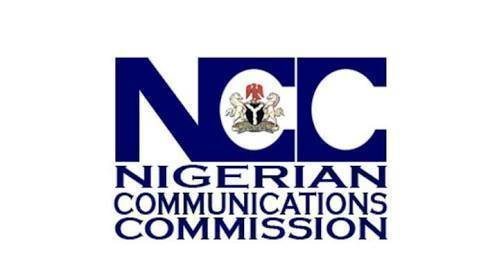Though the telecommunications revolution is now 18 years, data gathered from the regulator, the Nigerian Communications Commission (NCC) show that about 205 Nigerian communities still do not have access to the any form of telecoms services.
However, rather than going up, latest developments have shown that Investments have gone down by as much as 35 per cent and many operators are shutting down their sites due to the high cost of deploying services.
With some 162 million active users and 93 million unique subscribers according to the NCC, yet, about one third of the population making the 205 communities, some 40 million Nigerians, remains unreached.
Checks show that there is no drive to encourage telecoms investors and networks to reach out the remaining 40 million unserved Nigerians in the 205 communities even as the limited investments in the industry are seen in urban centres where networks felt that return on investment is quicker and assured after all.
Otherwise, telecoms services are largely concentrated in urban areas and beyond towns; reception is either poor or non-existent.
This, according to experts is the key reason hobbling the penetration of broadband across the states as many state governments remained adamant in lowering their charges for access to Right of Way (RoW) in the development of broadband infrastructure using Optic Fibre Cables (OFCs) on the back of open access model (OAM) as adopted by the federal government.
This may be the reason why telecoms penetration against the population figure is put at about 48.8 per cent in Nigeria, but in the region of 94 per cent in South Africa and 89.4 per cent in Kenya with seamless access to WiMAX/LTE services.
Only recently, issues around the observable poor rural expansion came to the fore at the NCC public inquiry on the transfer of licence and resources, including 800MHz spectrum from Visafone Communications Limited to MTN Communications Limited, in Abuja on June 25.
During the meeting majority of the networks’ revealed that their speed in rollout of services and investments into rural settings has dropped due to paucity of funds, business case or viability, spectrum scarcity and vandalisation fueled by insecurity.
Experts had made it clear that Nigeria needs additional tens of thousands of Base Transceiver Stations (BTS), but the cost effectiveness remains the huge challenge in the face of endless forex crisis.
According to a telecoms analyst, Mr. Kehinde Aluko, “If you are an operator asked to spend $200,000 to build a site and another $2,000 a month to run it in an area with 500 people herding cows, it doesn’t make sense”.
This goes to show that the business decisions of telecoms are driven by investment viabilities and not mere nationalism in real terms.









